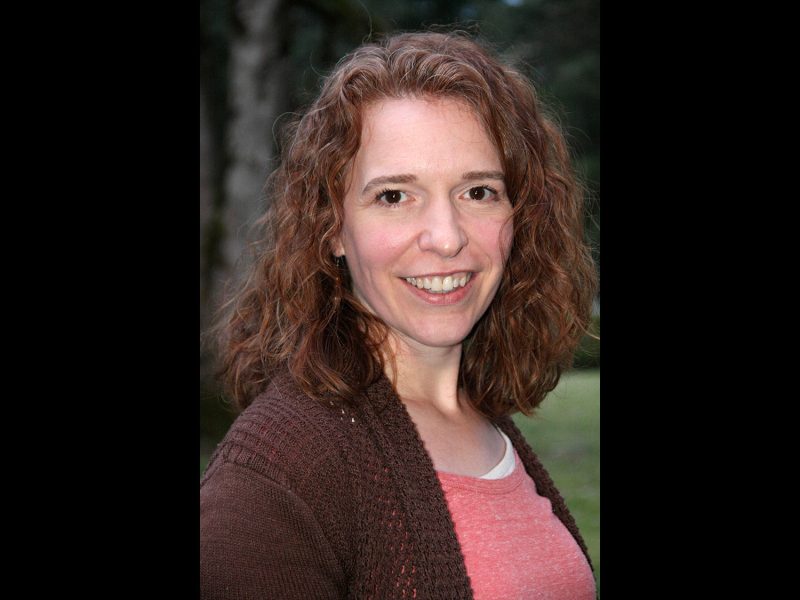By Satina Tolman
For The New Era
Sweet Home Mayor Susan Coleman is best known for her leadership at City Hall in her volunteer position as mayor.
However, she has another job she is equally passionate about: working to give children the gift of literacy.
Coleman, who also serves as executive assistant to the executive director of the Children’s Literacy Project, says the mission is simple but urgent: helping children learn to read so they can thrive.
“In America today, 40% of children cannot read above the most basic level,” Coleman said.
The Children’s Literacy Project (CLP), a national nonprofit, raises awareness through media, connects volunteers with schools and community organizations, and provides assessments to measure progress.
One of its most well-known productions, “SENTENCED,” a documentary narrated by NBA superstar Stephen Curry, explores the devastating effects of childhood and adult illiteracy. The organization’s upcoming projects highlight communities that have made remarkable gains in literacy, such as a Florida district that climbed from “extremely low” literacy levels to 70% and a Mississippi program that turned one of the lowest-ranked states in literacy into one of the top performers.
Locally, Sweet Home is beginning to see the impact of CLP’s work. With help from the Ibis Group, CLP recently secured $25,000 specifically for Sweet Home. The grant funds a part-time volunteer coordinator, Michelle Knight, and supports new Family Literacy Nights hosted at Hillside Fellowship Church (501 Nandina St.).
The first event is set for 5 to 7 p.m.Monday, Aug. 25, and is free. There will be dinner, a craft based on the book, and a book reading by local author Jim Coreley, who is Coleman’s father.
“The money will help us organize volunteers and support families,” Coleman said. “It will be really nice if our community can come together and help the children because it impacts their future. It helps the whole community if they can just learn to read.”
The Sweet Home School District (SHSD) has already partnered with CLP to launch “Sweet HELP” (Sweet Home Early Literacy Program). A small pilot last year placed seven volunteers at Hawthorne Elementary School. By the end of the year, that number had grown to 11.
The need, however, is much greater. According to the 2024-25 SHSD District Continuous Improvement Plan, only 40% of SHSD’s third-graders met grade-level expectations in English Language Arts. The district hopes to raise that number to 45% by 2027, but Coleman would like to see those goals surpassed.
“We’d love to see 100 volunteers,” Coleman said. “We have a lot of kids who need our help. Teachers have a lot on their plates and can only do so much in a day. Because children are being taught how to read in kindergarten through third grade, those are the grades we focus on. We want to capture them at those grades and help them be successful.”
Volunteering is simple. The district provides an hour-long training and requires a background check. Reading mentors then commit 30 to 60 minutes, once a week, either listening to a K–3 student read or reading to them.
“Research shows that having a consistent, caring adult in a child’s life on a weekly basis and having the child read to them improves literacy, and it gives the child a lot of confidence,” Coleman said. “It goes beyond reading literacy; it improves self-esteem, behavior, and schoolwork. And interestingly enough, it also increases the joy in the mentor. The mentor receives purpose, and it actually affects everyone involved in a positive way.”
With grant funding, CLP will also track progress through assessments to ensure Sweet HELP is making measurable gains. Coleman is also looking at ways to support homeschool families and adults who struggle with literacy.
At its core, the Children’s Literacy Project believes that literacy is a way to love our neighbors. As the organization’s mission statement puts it: “We serve with humility, lead with evidence, and believe in the power of communities to transform children’s lives through literacy.”
Coleman echoes that conviction. “We raise awareness of the literacy crisis in America, we activate volunteers, and we do assessments. Those are the three main things we do. But none of it works without volunteers,” she said.





